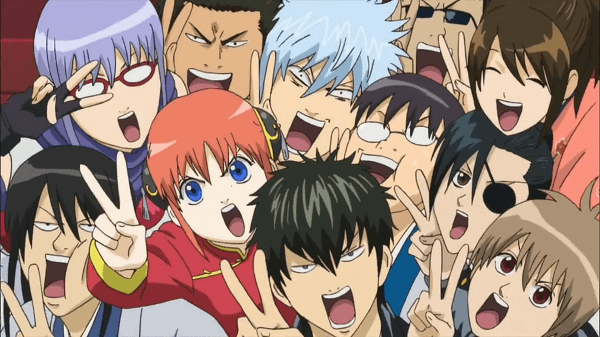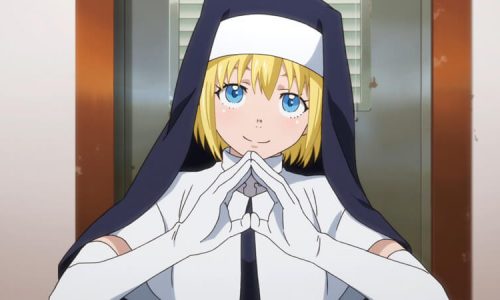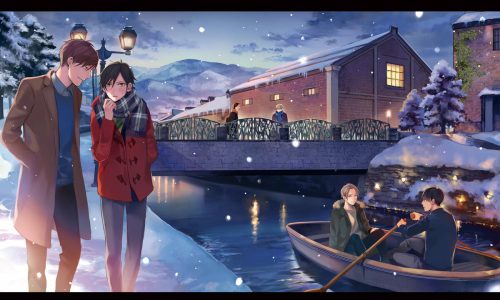Gintama is a beloved anime both overseas and in Japan. While the main genre and point of the show is satire and humor, the show set in the Edo area, and thus is heavy in cultural and historical background.
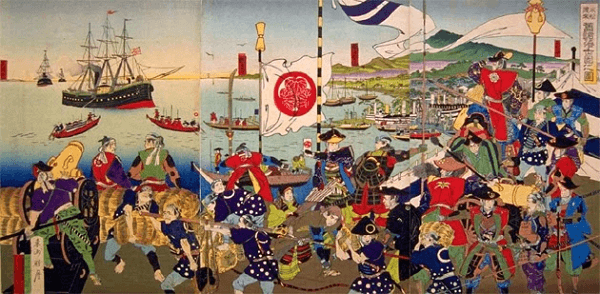
Much of this humor is sparked by the juxtaposition of the old and the new, and the real and the fictional. While the story is indeed set in an alternate reality, readers may notice that the Amanto’s entry into Japan, which marked the end of the country’s isolation in Gintama, is an obvious parallel to the arrival of the foreign”black ships” in the mid-19th century that produced exactly the same result. The manga’s version of events with presents these foreigners as literal space aliens certainly achieved a comedic effect with its exaggeration, which probably looks even funnier to someone who is actually one. Speaking of a foreigner’s perspective of the manga, the appearance of a character in the second chapter dramatically claiming to be an agent of the Immigration Department was also a laughter-inducing moment. Such appearances of what the readers can consider “modern life concepts” occur quite often through the story, as the chapters occasionally revolve around unassuming practices like buying a monthly manga magazine or separating the trash.
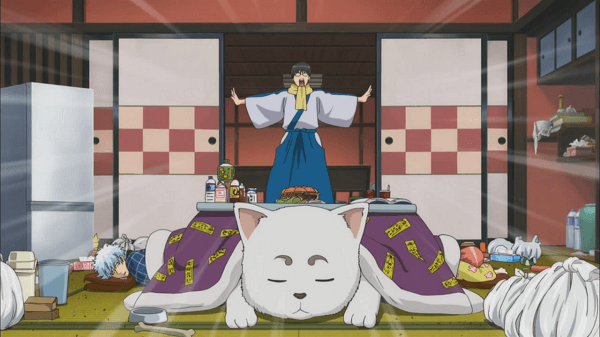
Not limited to just the big plot-relevant points, the setup of Gintama’s world also allowed for many interesting anachronistic details to surface in the background. It isn’t necessary to spot little things such as the table lamp-lantern hybrid on Gintoki’s work desk and the goyou lanterns hanging from the side of the police cars in order to enjoy the story, but their presence do serve to add further depth to the manga’s setting.
Despite featuring a very weighty amount of humor, Gintama doesn’t slack off in terms of seriousness–interspersed between the bouts of slapstick comedy and breaking the fourth wall are coverages of topics and issues that won’t be out of place in a more drama-centric piece, which the artist manages to balance surprisingly well with the manga’s inherently light-hearted nature. While most chapters start off by throwing the main cast into an unusual circumstance to generate comical moments, there will always be a dramatic scene waiting around the climax, which one can say is the trademark of the series.
That said, while it’s not wrong to call Gintama a comedy, it definitely contains enough variation to be worth a try even from readers who usually prefer a more serious genre.
Let’s also check our column on My Anime List HERE.

